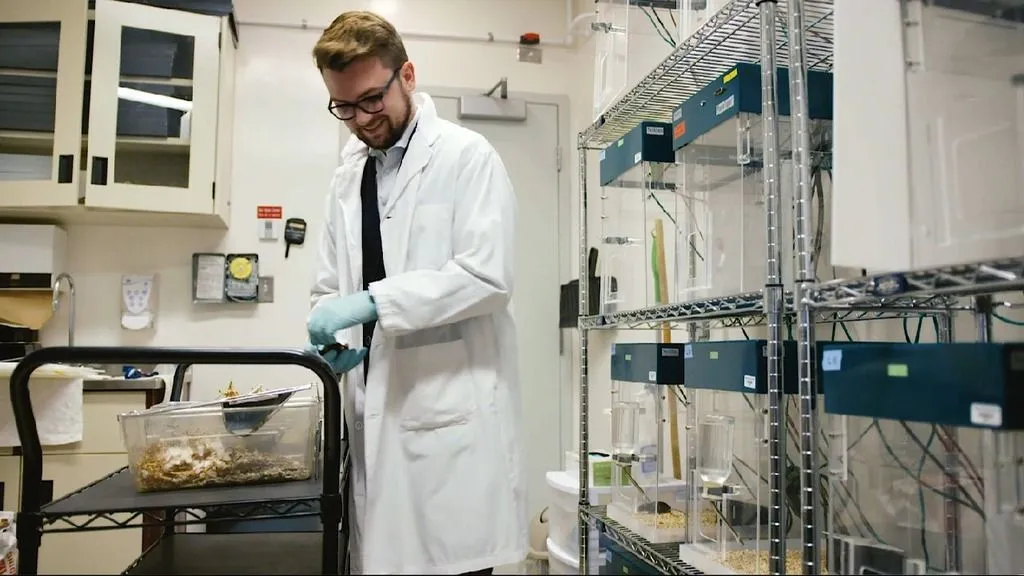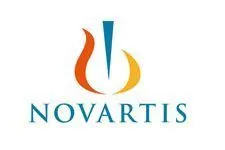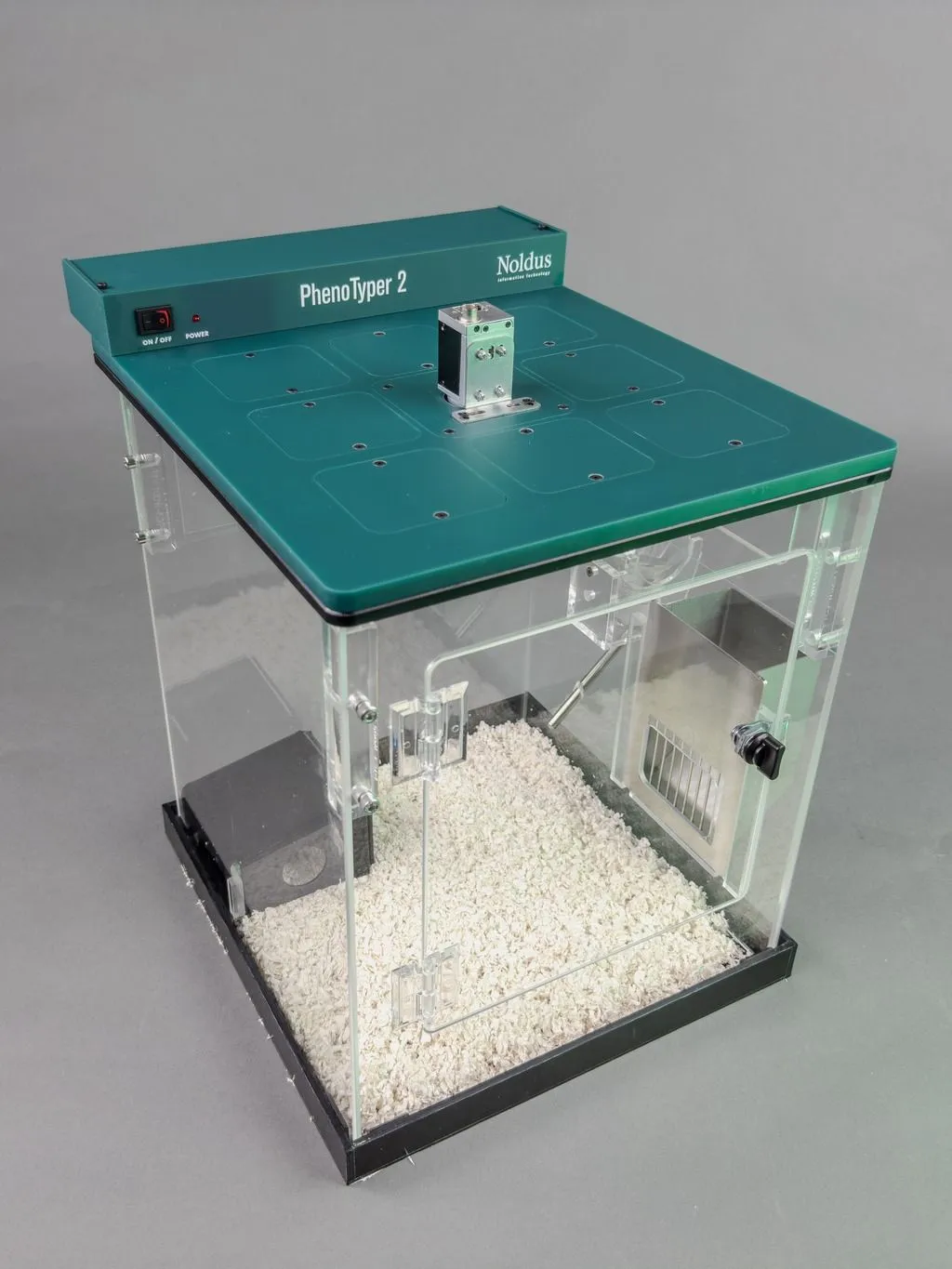The ideal environment for video tracking
PhenoTyper
Do you want to have a single system that can be used for countless research applications? PhenoTyper offers a consistent and adaptable environment for all your tests.
- Customizable to your specific experimental needs
- Seamless integration with video tracking (EthoVision XT)
- From short-term behavioral observations to 24/7 continuous monitoring







